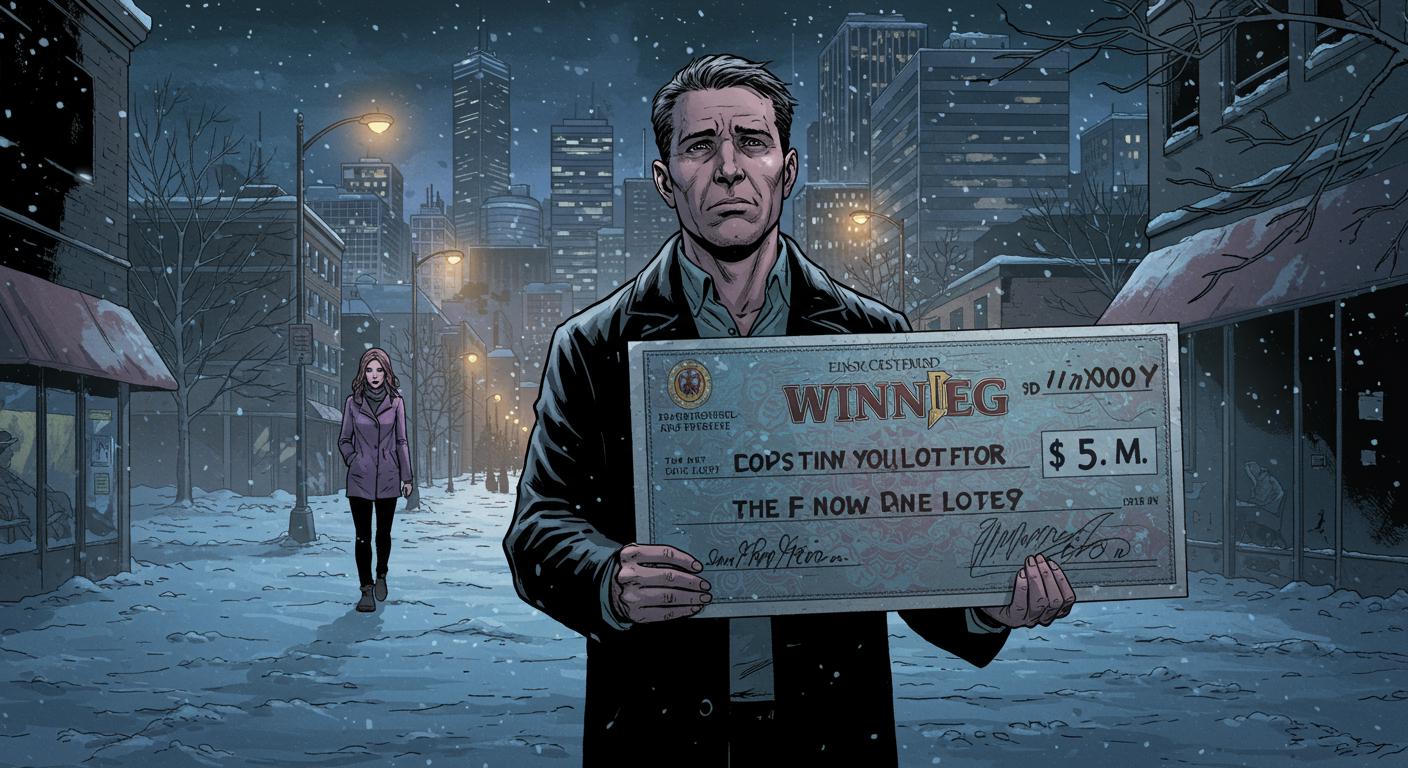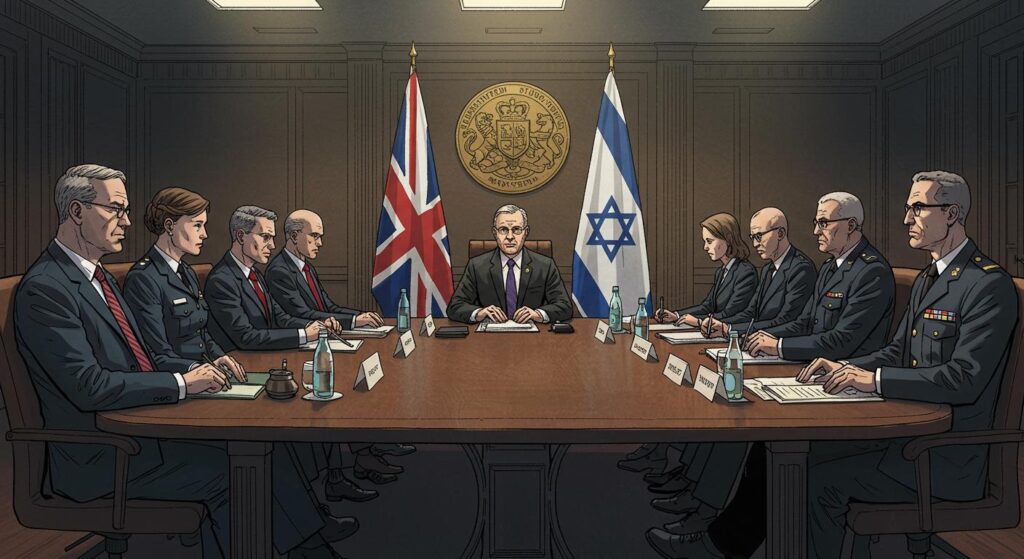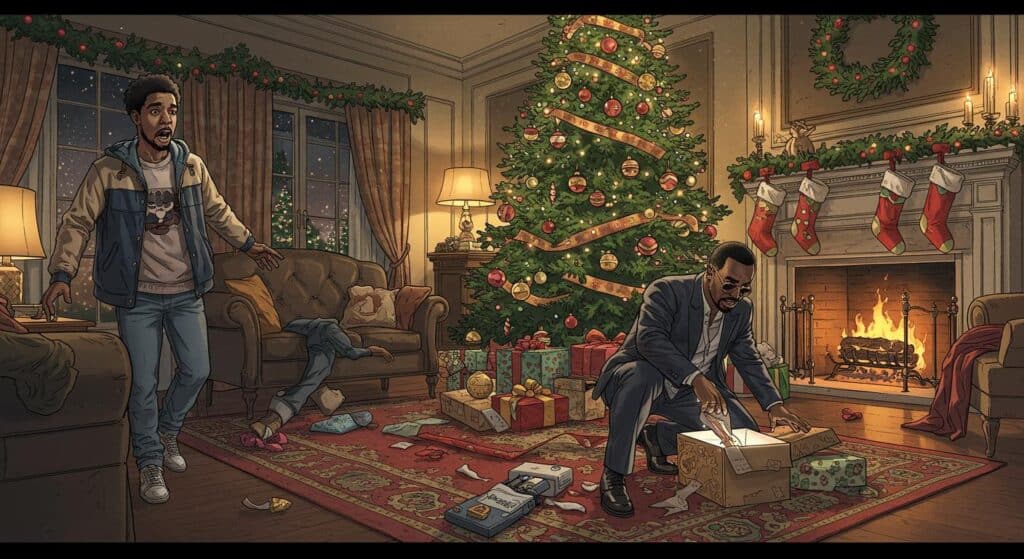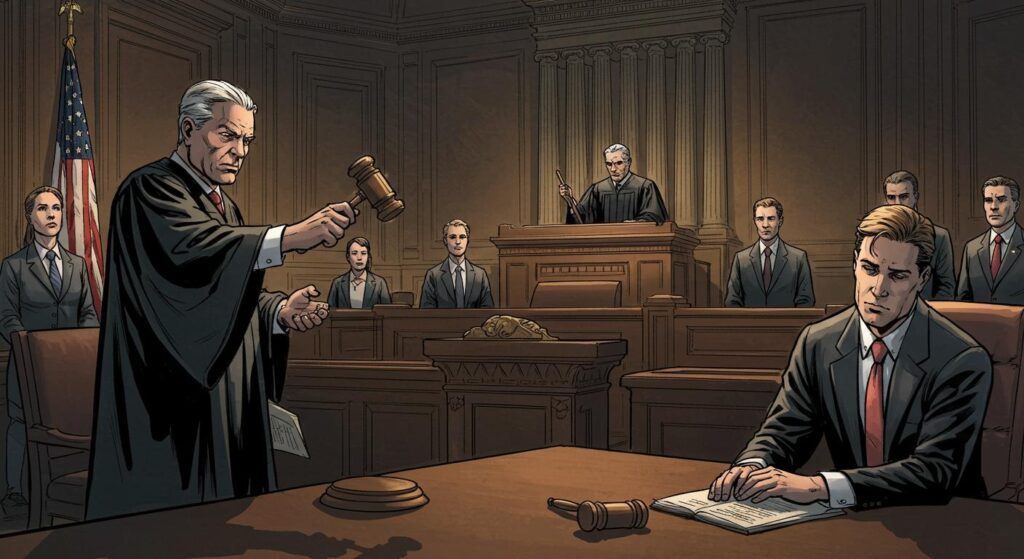Lottery stories are usually straightforward: a stroke of luck, a life changed, and a hasty decision about whether to buy something practical or something wildly unnecessary first. But this is one for the annals—one half of a Winnipeg couple sits $5 million richer; the other, according to court filings and news reports, is left with little more than regret, several lawsuits, and a front-row seat to the latest twist in the eternal conflict between luck, trust, and paperwork. As recounted by CBC News, Lawrence Campbell claims he’s managed to pull off the rarest of feats: to win and lose the same lottery prize all at once.
Love, Luck, and a Questionable Hand-Off
As described in court documents and summarized by both CTV News and CBC, the saga began on January 19, 2024. Campbell purchased a Lotto 6/49 ticket at CanCo on Isabel Street. Life, being inconvenient, meant his wallet was missing, so he handed the ticket to his girlfriend, Krystal Ann McKay, for safekeeping—a small, unremarkable act, until it wasn’t.
Fast forward a few days: The ticket lay forgotten on a friend’s floor, until Campbell scanned it with his phone, prompting the kind of disbelief only a multimillion-dollar windfall can cause. The couple celebrated, verified the win together (with video evidence at a Shoppers Drug Mart), and spread the word among friends and family.
That’s when minor bureaucratic problems snowballed into this very public relationship autopsy. As detailed in CBC’s reporting, Campbell and McKay were told by a Western Canada Lottery Corporation agent that he couldn’t claim the prize without a valid government-issued ID. The advice, Campbell alleges, was clear: have McKay claim the win, and afterward—once his paperwork was in order—she could transfer the winnings to him.
WCLC and Manitoba Liquor and Lotteries, both named in Campbell’s lawsuit, have not commented, but the sequence of steps and subsequent press coverage matches the official narrative about the victorious ticket. The lottery corporation’s January news release, cited by all outlets, named McKay the winner, referring to the ticket as a birthday gift—a detail Campbell outright disputes in his statement of claim, as noted by the Winnipeg Free Press.
An Abrupt Exit, a Legal Entry
If you’re expecting a joint shopping spree or even a heartfelt press conference about sharing newfound wealth, you may need to recalibrate. According to claims collated by CTV News, once the $5 million hit McKay’s bank account (Campbell, in an especially unfortunate twist, had none to receive it), she all but disappeared.
Legal filings, reviewed by both Winnipeg Free Press and CBC, allege she stopped responding to calls and texts, blocked Campbell on social media, and took out a protection order shortly after being discovered—according to Campbell—at a party spot with someone new. The relationship, already fraying under the weight of sudden riches, ended abruptly.
Quoting Campbell’s legal team, CBC relays a certain tragicomic resignation: “No one in all of history has simultaneously been a jackpot winner and jackpot loser of the same draw, with the same numbers, on the same ticket.” It almost has an air of curated disbelief, or perhaps the world’s worst lottery slogan.
The Law (and Luck) of Trust
The lawsuit, filed in Manitoba’s Court of King’s Bench, names not only McKay but also both lottery corporations, arguing that Campbell was led astray by bad advice and that the win should have been protected—either by better guidance from staff or closer oversight before disbursing funds. The specifics, as laid out in the Winnipeg Free Press, include a claim that McKay agreed to hold the winnings “in trust” for him while he sorted out his own identification and bank arrangements—a scenario as ripe for misadventure as it sounds.
McKay, for her part, is disputing the allegations, according to statements from her lawyer referenced by CTV News. At the time of writing, she has not filed her statement of defence, but intends to. Meanwhile, Campbell’s legal team is petitioning the court for an order restraining McKay from disposing of the money or other assets, at least until the courts sift through the he-said/she-said layers. Reports from CBC and Winnipeg Free Press both underline: these allegations remain unproven, and the case is far from resolved.
Curiously, the birthday gift angle has become a central subplot. Lottery corporation news releases described the ticket as such, a framing McKay echoed in her winner’s press conference. Campbell’s suit asserts otherwise, claiming the purchase was for himself, with the ticket given to McKay for safekeeping out of practical necessity. So, whose narrative sticks will likely hinge on the courts’ appetite for romance-versus-receipts. Who knew a lottery ticket could spark such philosophical questions of ownership?
Strange Odds and Everyday Irony
There’s a dry kind of humor in the details laid out by Winnipeg Free Press: Campbell searching nightlife haunts for a vanishing, newly-minted millionaire; celebratory checklists and joint statements collapsing almost overnight into radio silence, social media blocks, and paperwork. Even amidst heartbreak, lawsuits, and allegations of betrayal, there’s something almost meticulous about how trust unravels once a windfall—and the glare of the public eye—intervenes.
It’s tempting to think “that would never happen to me,” yet the story feels less like an anomaly and more like an exaggerated mirror of what happens when institutions and individuals collide over something as slippery as shared luck. As referenced across outlets, Campbell’s lawyer dubs it a collision between “systemic karma” and, well, the actual system.
The regular lottery fantasy usually skips these awkward bits. There’s plenty of talk about what you’d do if you won, not so much about what you’d do when the definition of “we” dissolves at the first sign of a seven-digit bank balance.
Summary: Another Cautionary Tailspin
So we’re left with a story that’s equal parts lesson, cautionary tale, and strange modern fable. Who really owns a winning lottery ticket after it’s been handed off—even momentarily? How much does the legal system owe to trust, and how much to documentation? And at what point does good fortune start to look, with a little hindsight, like a curse with extra zeroes?
There are few guarantees in love, lotteries, or even the best laid advice from the alleged professionals. Perhaps the only certainty here is that luck hasn’t so much changed these lives as thrown them into dizzying orbit, watched by the rest of us—curious, a bit amused, and perhaps double-checking the fine print on whatever promises, tickets, or “understandings” we’re still holding.
After all, statistically, it’s harder to win the lottery than it is to lose a small, easily misunderstood trust. But wouldn’t you love to see those odds written on the back of the next ticket?







